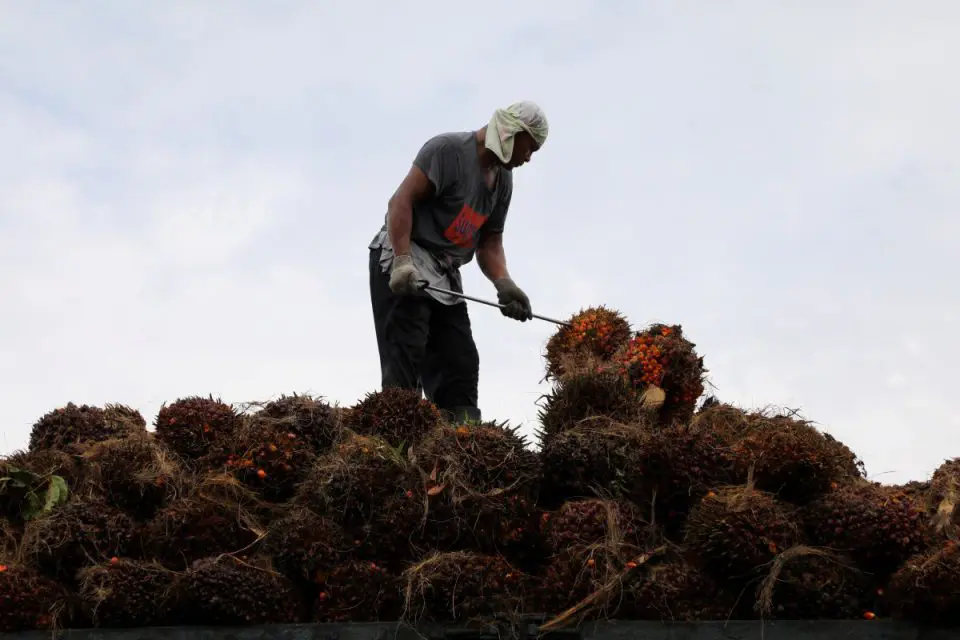KUALA LUMPUR, March 5 — The Plantation and Commodities Ministry envisions a feasible business model that can consolidate independent smallholders to increase palm oil yield, said its Minister Datuk Seri Johari Abdul Ghani.
The model aims to consolidate 214,680 independent smallholders with a total land area of 822,073 hectares into clusters spanning 8,000 to 10,000 hectares of oil palm estates and to be managed by medium or large estates, said Johari in his speech at the 35th Annual Palm & Lauric Oils Price Outlook Conference & Exhibition (POC2024) here today.
“If we can consolidate even 30 per cent of independent smallholders, we would have an additional 250,000 hectares of land to be managed efficiently.
“I know it is not going to be easy to do this, but we have to start somewhere. We are looking at how big companies can help consolidate this,” he said.
Johari said out of the 5.7 million hectares of palm oil planted area, 27 per cent (1.5 million hectares) are managed on a small scale via smallholders and, on average, these smallholders manage plots of land of around four hectares.
“Indeed, many smallholders face difficulties increasing their yield,” he said, adding that a more pragmatic way to ensure replanting by smallholders for maximum yields would be to leverage the technical expertise of major industry players and the Malaysian Palm Oil Board.
This would include seeds, clones, fertilisers, as well as pest and disease management, said Johari.
Johari also noted that the replanting rate between 2014 and 2023 remained low at 1.8 per cent annually.
Based on industry best practices, four per cent to five per cent of oil palm trees should be replanted every year; otherwise, by 2027, over 560,000 hectares of oil palm trees will be over 25 years old and this would lead to lower production in the future, said the minister.
“Achieving a larger scale is crucial to reduce costs per unit and increase productivity. If all smallholders can adopt good management practices of large-scale plantations, fresh fruit bunches’ yield can easily increase by two tonnes per hectare.
“This will in turn increase Malaysia’s crude palm oil production by an additional 600,000 tonnes a year, which is valued at around RM2.4 billion at the current market price, without any additional land use change,” he added.
— Bernama





